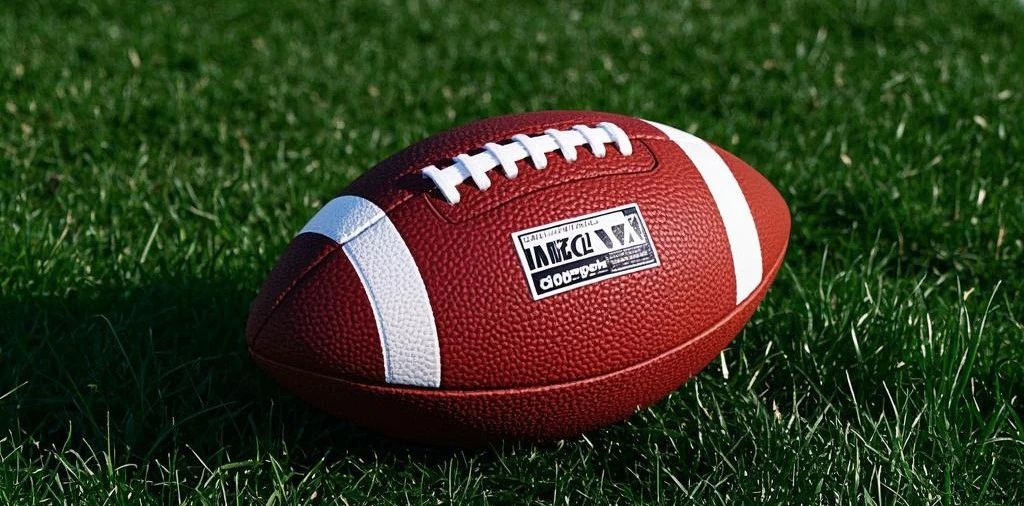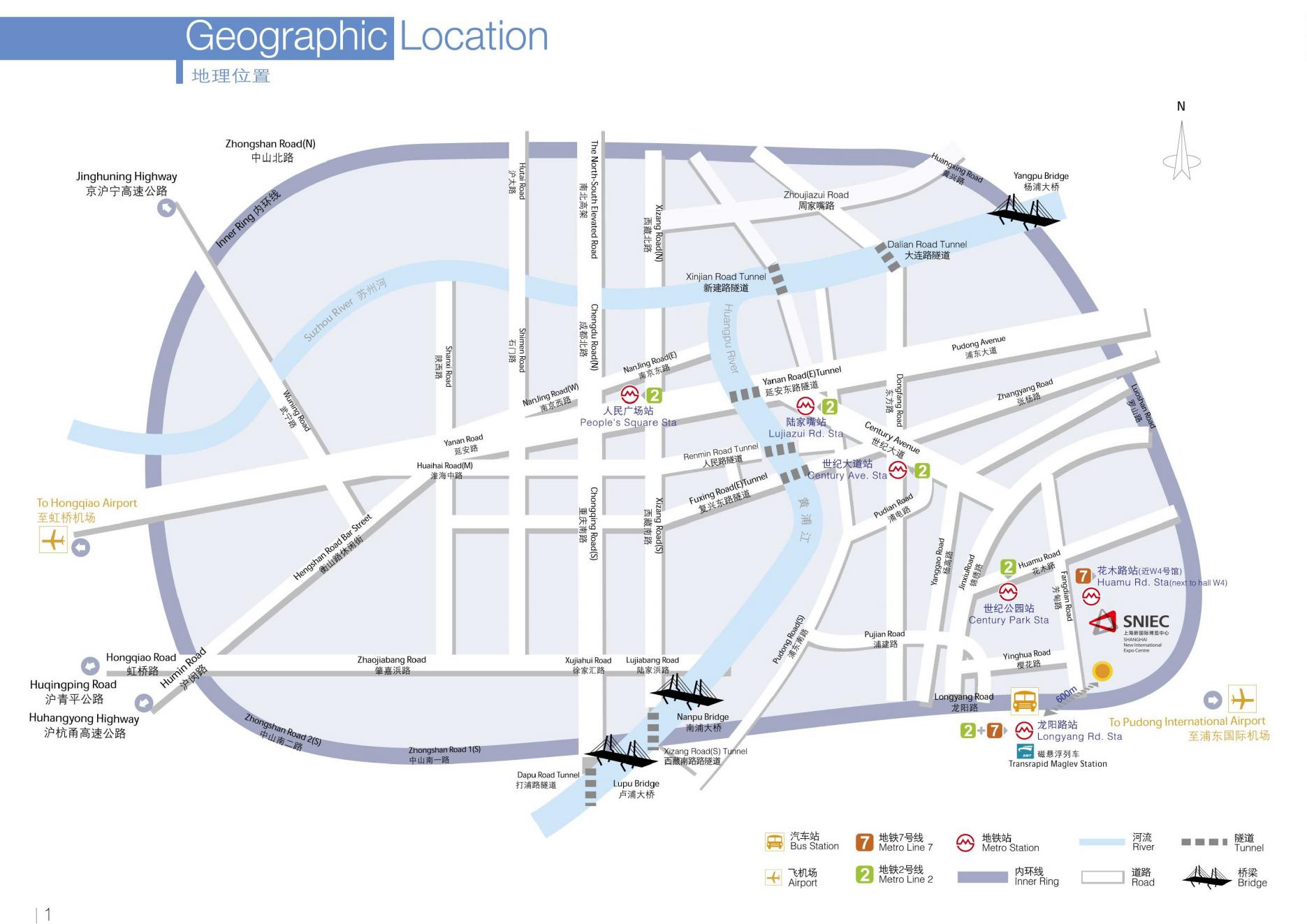In the NFL, the power of technology is changing the game in unprecedented ways. RFID (radio frequency identification) technology plays a central role in this technological revolution. Zebra, the official real-time location solution provider of the NFL, has launched the "Measure Greatness" campaign through its innovative RFID technology, which not only improves athlete performance, but also optimizes multiple aspects such as event management and inventory management.
Zebra's "Measure Greatness" campaign began this season with Baltimore Ravens rookie TJ Tampa. The young football cornerback from Iowa is using Zebra's UWB (ultra-wideband) and RFID location technology to assess his recovery from an ankle injury and track his game performance. With this technology, Tampa can obtain real-time performance indicators such as his speed, distance traveled, direction and acceleration during the game, so that he can better understand his progress and develop more effective training plans.

The role of RFID technology in improving athlete performance cannot be underestimated. In the NFL, every little difference may determine the outcome of the game. By wearing RFID tags, players can obtain their sports data in real time, including speed, distance and acceleration. This data not only helps players better understand their performance on the field, but also provides them with targeted training suggestions to improve their competitive level.
In addition to improving athlete performance, RFID technology has also played an important role in optimizing event management and inventory management. Zebra uses RFID technology to provide the NFL with the NextGen Stats platform, which can track the location data of players and balls of each team in real time. With this data, the NFL can calculate a large amount of next-generation statistical information to provide strong support for event analysis and decision-making.
In addition, RFID technology is also widely used in the inventory management of the NFL. For example, the sporting goods retailer Fanatics uses Zebra's RFID technology for inventory management and point-of-sale automation in its Jacksonville store at EverBank Stadium. With this technology, Fanatics has achieved faster checkout and reduced the need for point-of-sale staff. At the same time, inventory counting has become more efficient and accurate, providing fans with a better shopping experience.
Zebra not only demonstrated the great potential of RFID technology in improving athlete performance and optimizing event management, but also revealed to us the infinite possibilities behind this technology. With the continuous advancement of technology and the continuous expansion of applications, RFID technology will continue to lead the innovation and development of the NFL in the future.
What other applications does RFID technology have in sports events?
RFID technology plays a wide and important role in sports events, and its applications cover many aspects of event management. In addition to the above, there are mainly the following applications:
Ticket management
RFID technology realizes the unique identification and anti-counterfeiting function of tickets by embedding RFID chips in tickets or wristbands. When entering the venue, the audience only needs to bring the ticket or wristband close to the RFID reader, and the system can automatically read the ticket information and complete the quick ticket verification. This contactless access method not only improves the speed and convenience of entry, but also effectively avoids the safety hazards caused by manual inspection. In addition, the RFID ticket management system can also realize real-time statistics and analysis of ticketing data, providing strong support for the security and emergency response of the event.
Sports equipment and material management
For large-scale sports events, the management of sports equipment and materials is crucial. By attaching RFID tags to each piece of equipment and materials, the system can track their location, status and usage in real time. This not only improves management efficiency, but also ensures the smooth progress of the competition. During the preparation and execution of the event, RFID technology provides event organizers with comprehensive material management information and reduces the risk of material loss and damage.
Baggage management
For athletes and staff, the transportation and tracking of luggage is a tedious and important task. The application of RFID technology makes this process convenient and efficient. By attaching RFID tags to luggage, the system can track the location and status of luggage in real time, ensuring that athletes and staff obtain accurate luggage information and effectively preventing luggage loss and delays.
Audience interactive experience
RFID technology also brings a richer interactive experience to the audience. By combining RFID tickets with interactive equipment in the venue, the audience can participate in various fun games, lottery activities, etc., which increases the fun and interactivity of watching the game. At the same time, RFID technology can also provide personalized viewing suggestions and services based on the audience's viewing preferences and behavioral data, so that every audience can enjoy a unique viewing experience.
RFID technology plays a wide and important role in sports events. Its applications cover ticket management, event timing and identity recognition, sports equipment and material management, food safety monitoring, luggage management, audience interactive experience, athlete health management, event data statistics and analysis, and event logistics and warehousing management. With the continuous advancement of technology and the continuous expansion of application scenarios, the application prospects of RFID technology in sports events will be broader.
This paper is from Ulink Media, Shenzhen, China, the organizer of IOTE EXPO (IoT Expo in China)







